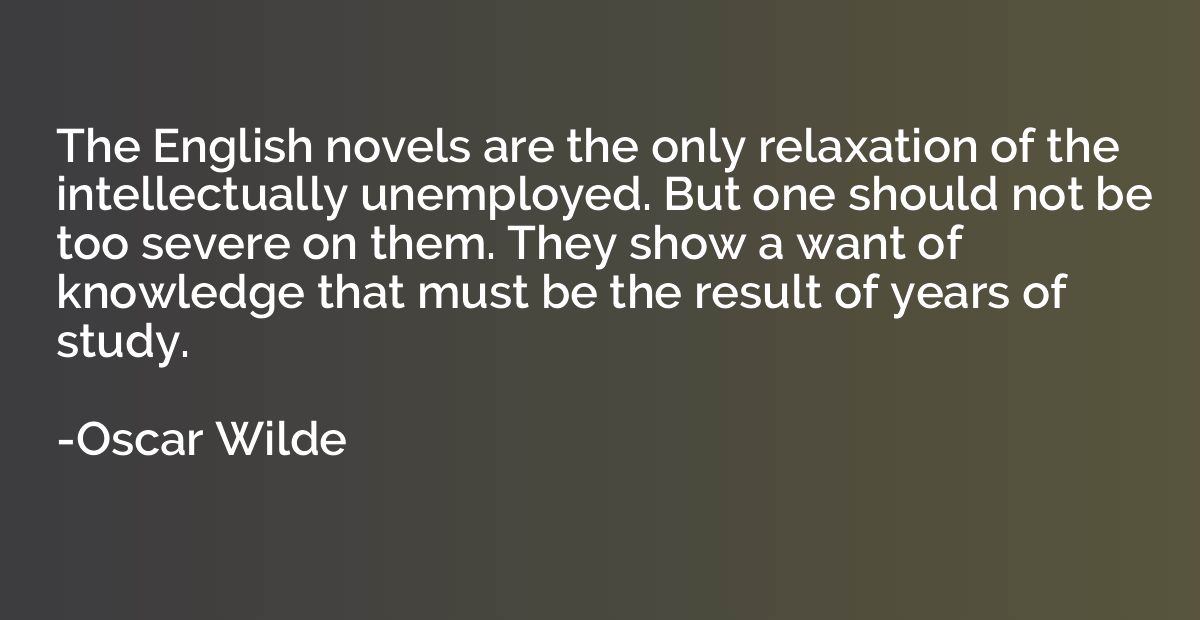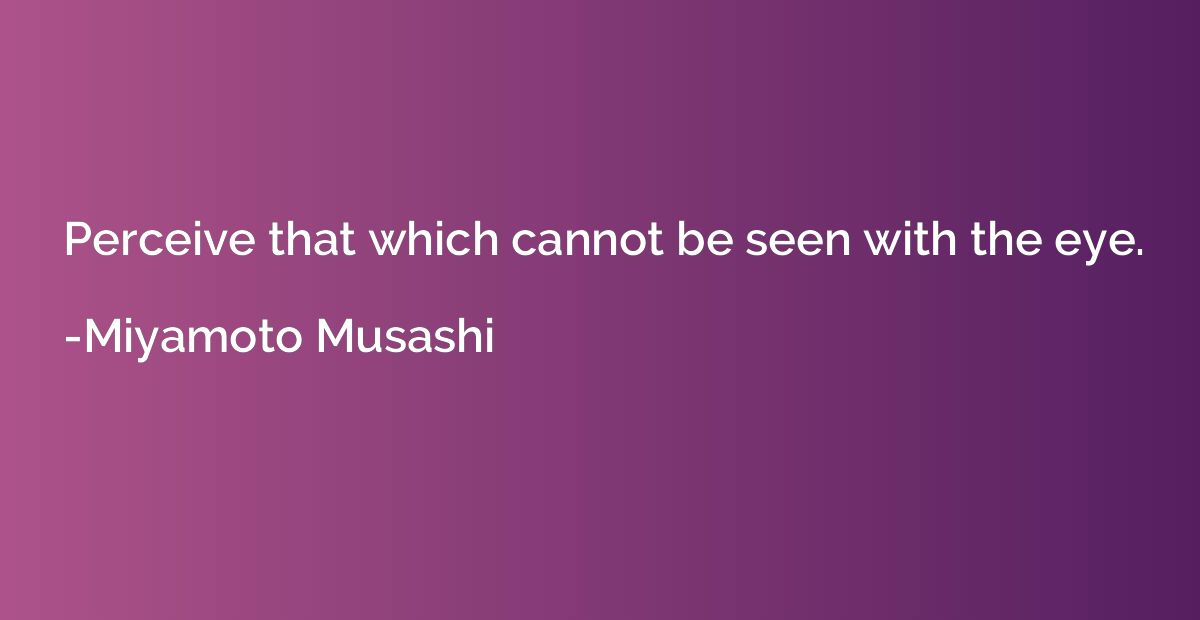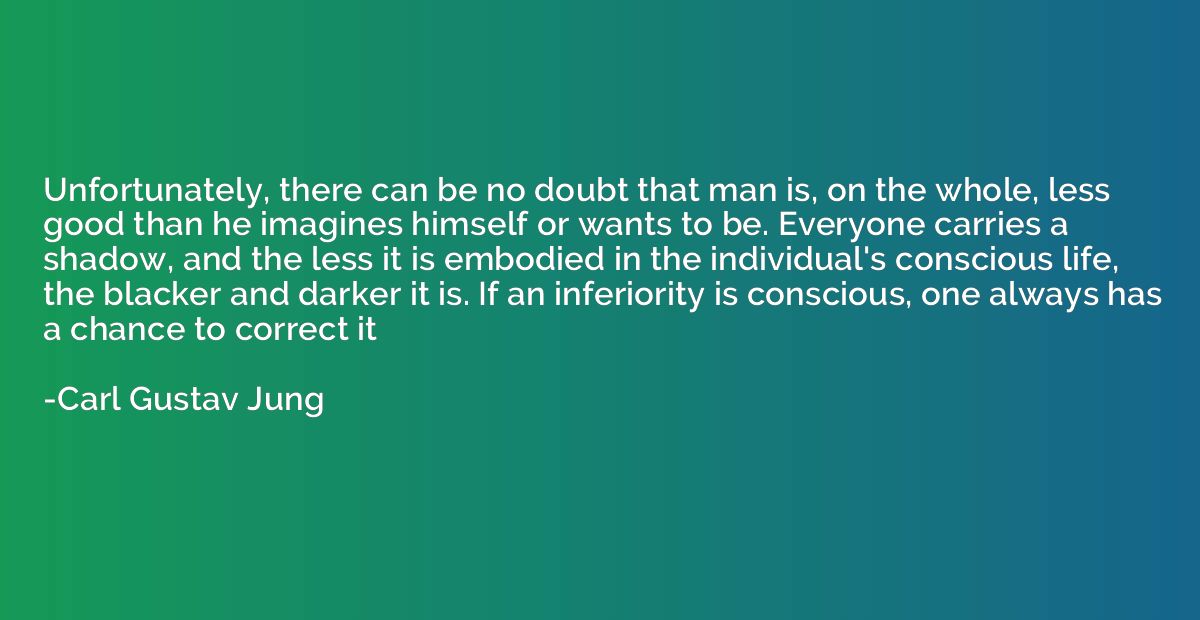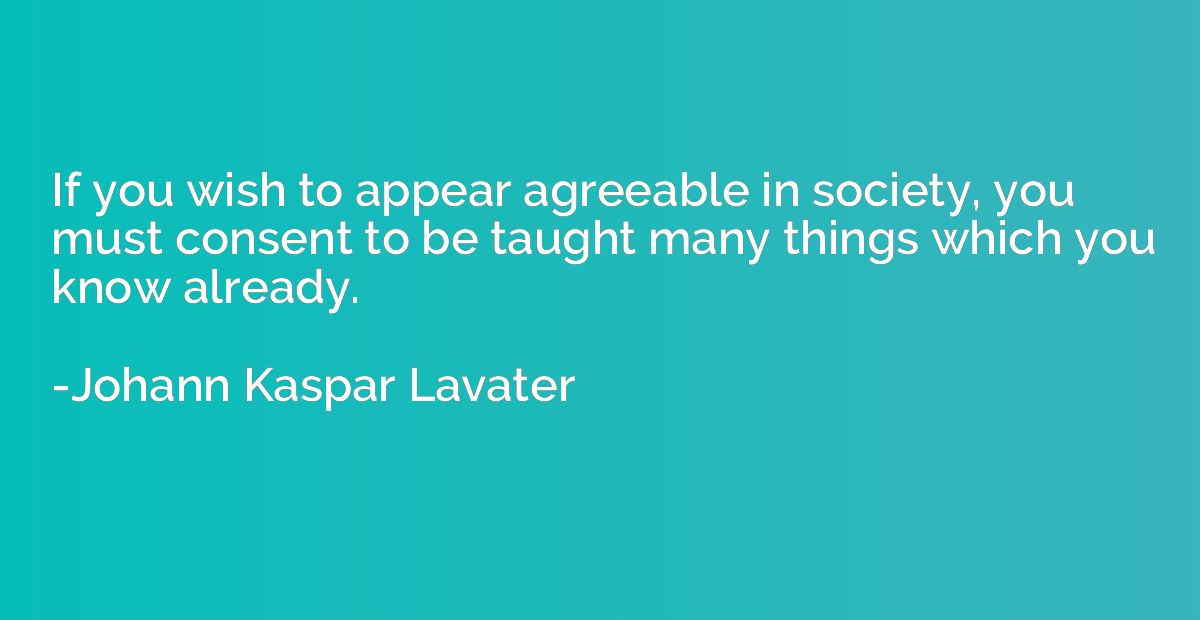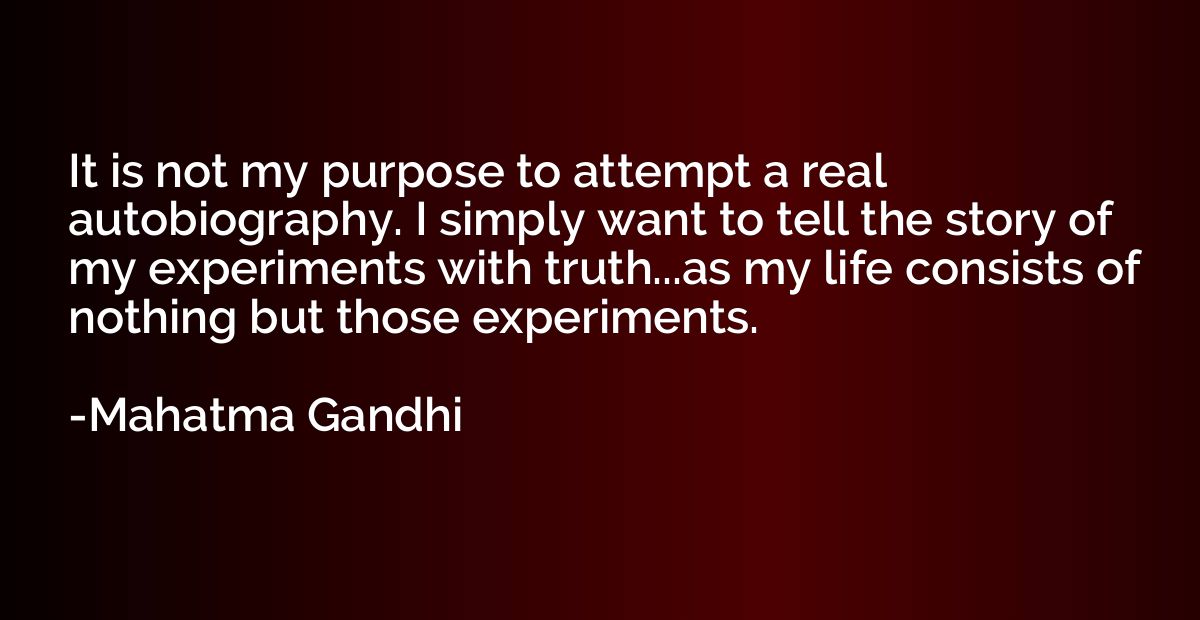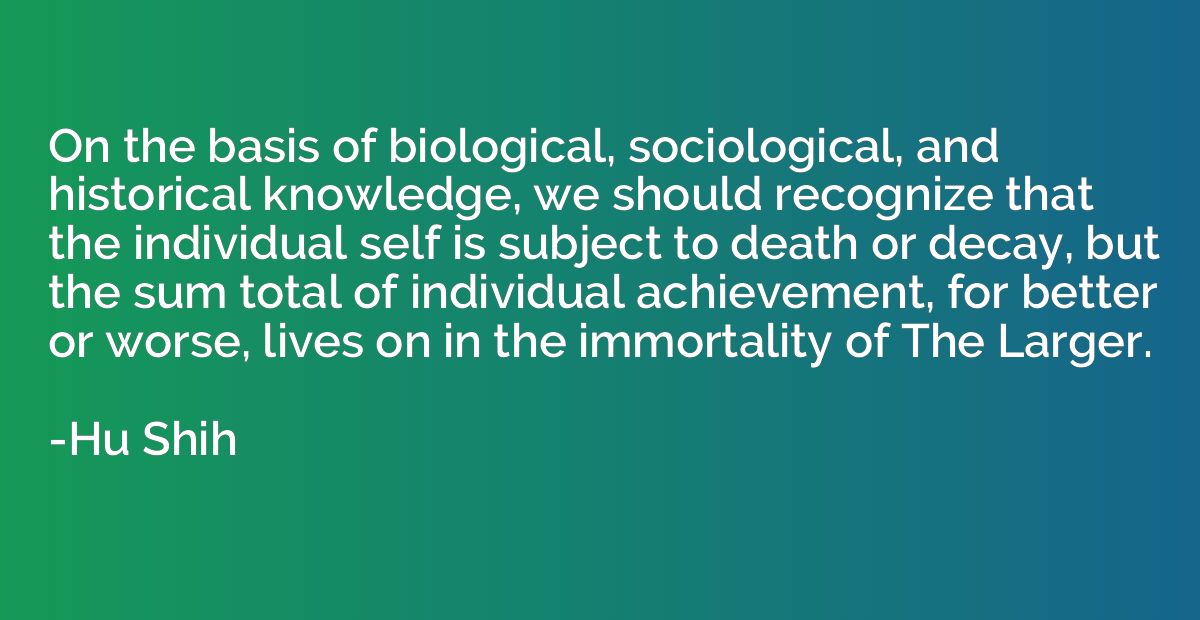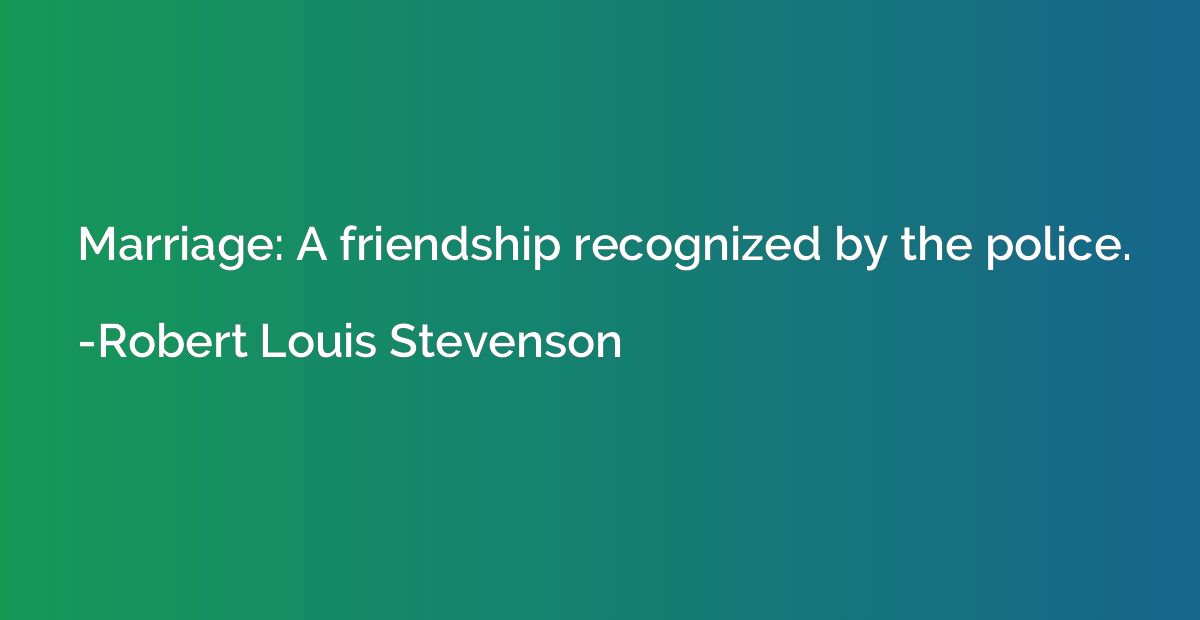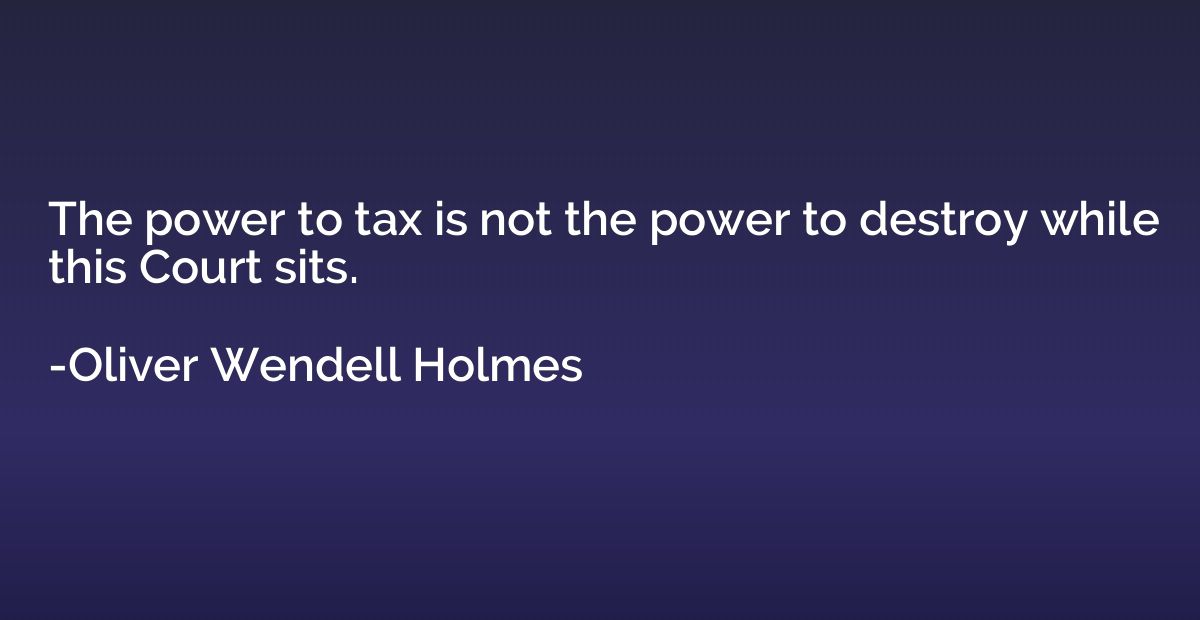Quote by George Bernard Shaw
The risks of liberty we must let everyone take; but the risks of ignorance and self-helplessness are another matter.
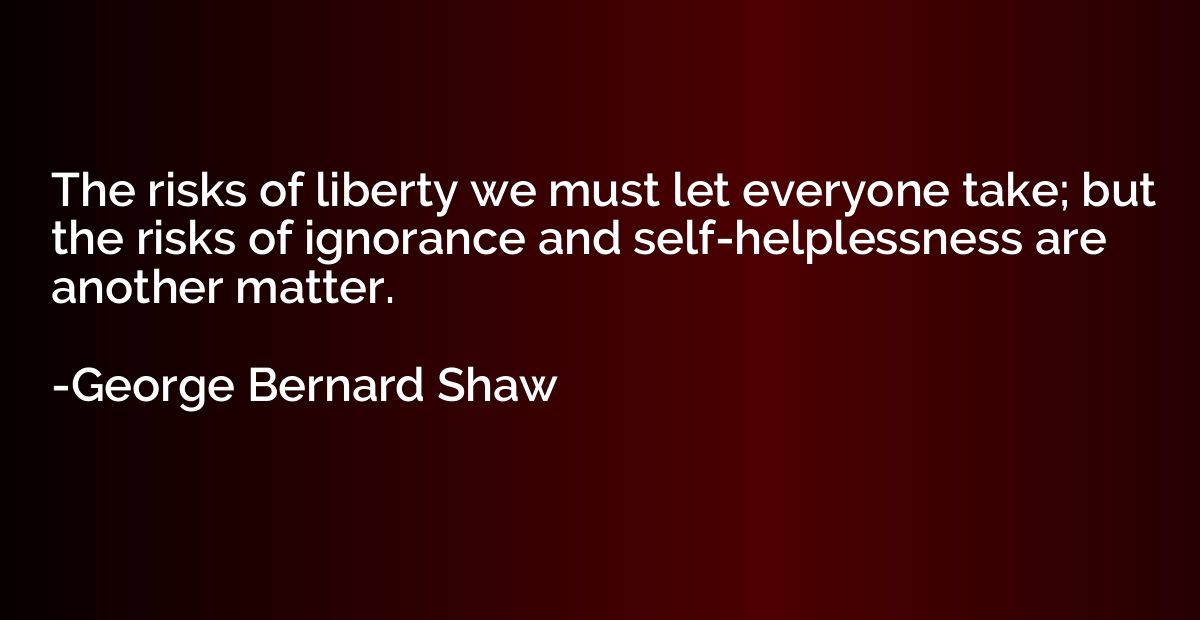
Summary
This quote emphasizes the importance of allowing individuals to exercise their personal freedom and take risks in pursuing their own path. The risks associated with liberty, such as making decisions that might not always lead to desired outcomes, should be accepted and tolerated. However, the quote also highlights the significance of avoiding the risks associated with ignorance and helplessness. It suggests that it is necessary to educate and empower individuals in order to prevent them from falling into a state of dependency and vulnerability. Promoting education and providing support can ultimately help individuals make informed choices and avoid the risks that come with ignorance and self-helplessness.



